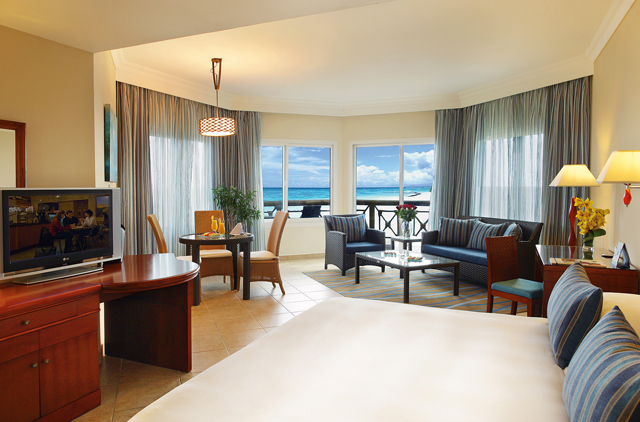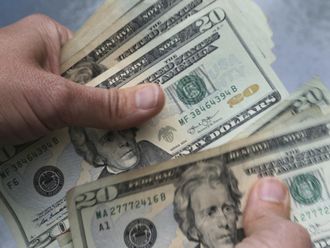Abu Dhabi: Performance indicators for hotels in Abu Dhabi declined in February 2016, with year-on-year profit per room plunging 37 per cent, and average room rates falling 27 per cent to $158 from $217 in February 2015.
Revenue Per Available Room (RevPAR - an industry beanchmark for performance) fell 30.8 per cent, as Total Revenue Per Available Room (TRevPAR) recorded a 21.6 per cent drop, according to the latest report by HotStats, a market intelligence provider.
Meanwhile, occupancy rates dropped to around 78 per cent in February this year – down from 81.5 per cent in the same month last year. The figures bring average occupancy in the first two months of 2016 to 76.3 per cent, a drop from the 78.1 per cent in the same two months in 2015.
The report attributed the drop largely to the absence of the biennial IDEX (International Defence Exhibition and Conference) event this February compared to the same month last year.
IDEX, the largest arms exhibition in the Middle East, typically attracts 80,000 attendees including high-profile representatives, and was primarily responsible for the 51 per cent spike in profit per room in February 2015.
Rashid Aboobacker, associate director at TRI Consulting, agreed on the impact that IDEX had, saying that the drop in room rates highlights the effects such large events can have on the overall hotel performance.
“The supply-demand situation in Abu Dhabi is considered stable, as reflected by reasonably strong occupancies of around 74.1 per cent for the last 12-month period. However, with the challenging economic conditions across the region, room rates appear to be facing some pressure, which is, however, consistent with most of the major cities across the region,” he told Gulf News.
During the first two months of this year, ARR fell to $162, marking a 16.7 per cent drop from the $194.6 recorded in the same time last year. RevPAR also dropped to $124 (down from $152), as TRevPAR fell to $250 (down 13 per cent from $286) in the same period.
Aboobacker said he expected such challenges in the market to continue to be seen throughout the rest of this year.
“With the economic growth under pressure, both locally and across the GCC, which form a major source market, we expect that full-year hotel performance in Abu Dhabi may decline [compared to] last year. If the market conditions do not improve during the rest of the year, a 5-10 per cent decline in RevPAR is likely by the end of the year,” he said.
Elsewhere in the region, hoteliers in Riyadh recorded a 9.9 per cent drop in RevPAR in February, which contributed to the 7.6 per cent year-on-year decline since the beginning of this year.
The HotStats report pointed that Saudi Arabia continues to face economic challenges as a result of the crash in oil prices, with hotel performance in early 2016 clearly pointing to a downward trajectory.
Contrary to other cities in the region that have managed to cut costs to maintain profit, hotels in Riyadh did not, resulting in a 19.9 per cent drop in profit per room, which reached $119.
In Amman, hotels are in the midst of a challenging period, with RevPAR falling by 11.3 per cent in the last year to $89 due to a combination of declining volume and price.
TRevPAR slid 6.3 per cent, as food and beverage revenues dropped 13.3 per cent, and conference and banqueting revenues declined 26.2 per cent on a per available room basis.












